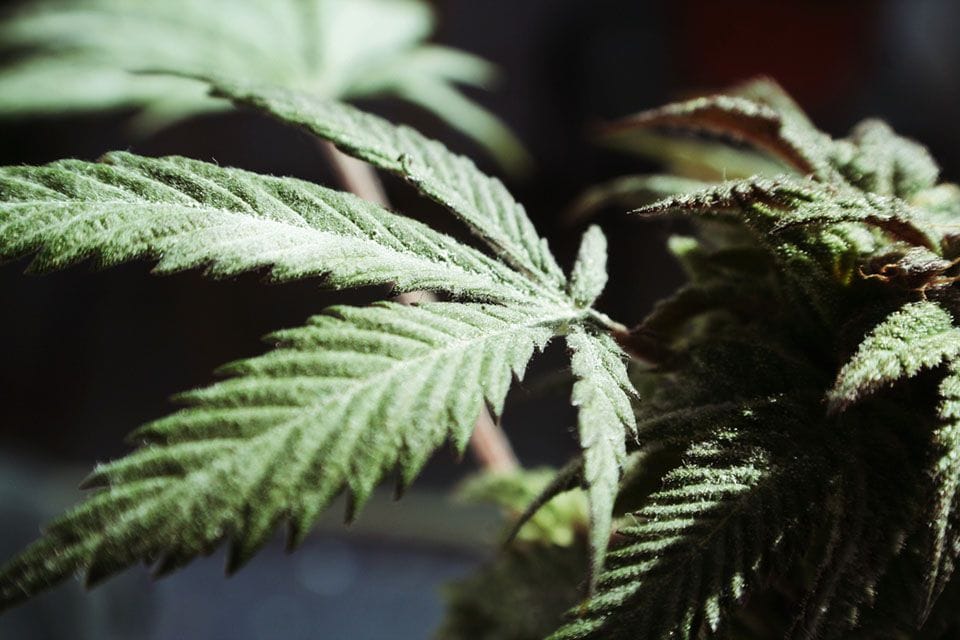Now that four states and the District of Columbia have passed referendums legalizing marijuana, the obvious question is: who’s next? There are a number of states where ballot initiatives may be prepared in time for the 2016 election. However, in New York, the legalization timeline appears to be moving much more swiftly. A drug law reform bill called the Marijuana Regulation and Taxation Act will soon be introduced in the New York state Legislature by Sen. Liz Krueger, who represents the eastern section of Manhattan. Krueger’s previous attempt to put this proposal before her colleagues two years ago was thwarted by the Senate leadership, but that situation is unlikely to be repeated this time since public scrutiny will be intense and each senator will be expected to make his or her stance on this issue known. If passed by the Assembly and Senate and signed into law by the governor, the Marijuana Regulation and Taxation Act would permit the New York State Liquor Authority to issue licenses that would allow entrepreneurs to open marijuana dispensaries. These retailers would be allowed to sell a range of pot-based products for recreational use to adults older than age 21. An excise tax would be charged on all marijuana sales, and the tax revenues collected would be used to fund everything from educational programs to addiction treatment services. Individuals would be allowed to carry up to 2 ounces of marijuana on their person when out in public, and people would be free to grow up to six marijuana plants in their homes as long as they were intended for personal use. Unlicensed drug dealing would still be forbidden, and marijuana dealers and producers attempting to evade regulation would be prosecuted to the full extent of the law. Even though it is not a duplicate of the sweeping legislation adopted in Colorado, its similarity to this pro-legalization initiative could put the new law on thin ice if it manages to pass through the New York legislature unscathed. In a previous statement, Gov. Andrew Cuomo referred to the Colorado brand of legalization as “a non-starter” in his state, which implies he would veto such legislation if it landed on his desk. But with public opinion in New York running at 57 percent to 39 percent in favor of unlimited marijuana legalization in one 2014 poll, the governor may have a strong incentive to alter his stance, if the bill that passes is at least somewhat different than the one approved in Colorado. Earlier this year, New York became the 23rd state to legalize medical marijuana, and the possession of marijuana in the state was actually decriminalized more than three decades ago, so New York’s history on this issue is marked by progressive precedent.
New York City Decriminalizes Marijuana Possession
While everyone waits to find out what happens at the state level, in the Big Apple the wheels of change have already begun to turn. In a recent joint press conference, Mayor Bill de Blasio and Police Commissioner Bill Bratton announced that as of Nov. 19, New York City police would no longer arrest residents or visitors in possession of less than 25 grams of marijuana. From now on, these individuals will instead be issued a court summons, and if it is their first offense, they will be subject to only a $100 fine. A second offense will mean another summons and a $200 fine, but no arrest will be made and no jail time will be required. In 2013, approximately 28,000 people were taken into custody in New York City for the very crime that will now be classified as a simple violation subject to only a financial penalty. So this change will mean a lot of streamlining for the New York City legal system and a lot less hassle for the town’s citizens and tourists. Interestingly, the state of New York decriminalized the private possession of small amounts of pot more than 30 years ago, but a loophole in the law allowed for the continued arrest of individuals carrying marijuana if they were apprehended in a public setting. In essence, all New York City politicos have done is to broaden their interpretation of the original decriminalization statute to make it apply to everyone present in their jurisdiction. While many have pointed to the folly of wasting so much time and money on the enforcement of an unpopular and ineffective form of drug prohibition, pro-legalization advocates in New York have also focused much attention on the racial disparity involved in the application of the existing law. African Americans and Hispanics (mostly young men) account for 85 percent of those arrested for marijuana possession in New York City, even though exhaustive studies have proven that whites use marijuana just as often as any other ethnic or racial group. Sadly this racial disparity in drug law enforcement is a nationwide phenomenon, which provides strong evidence to support the assertion that the drug war, in its actual implementation, is more a de facto war on people of color than a deterrent to drug use.
All Eyes on New York
There are reasons to be skeptical about the likelihood of marijuana legalization passing in New York at the present time. If it did, New York would be the first state to lift the criminal sanctions against pot through the normal legislative channels, and that may be a distinction the majority of New York’s legislators would rather avoid. But this is exactly the reason New York makes such an interesting test case. If indeed its lawmakers decide to remove their ban on recreational marijuana, that could be taken as a clear sign that a new day is at hand. Such a revolutionary decision could very well open the floodgates of change—if a gathered assembly of image-conscious elected officials actually felt comfortable enough to vote for marijuana legalization, what barriers to widespread legalization would remain?

